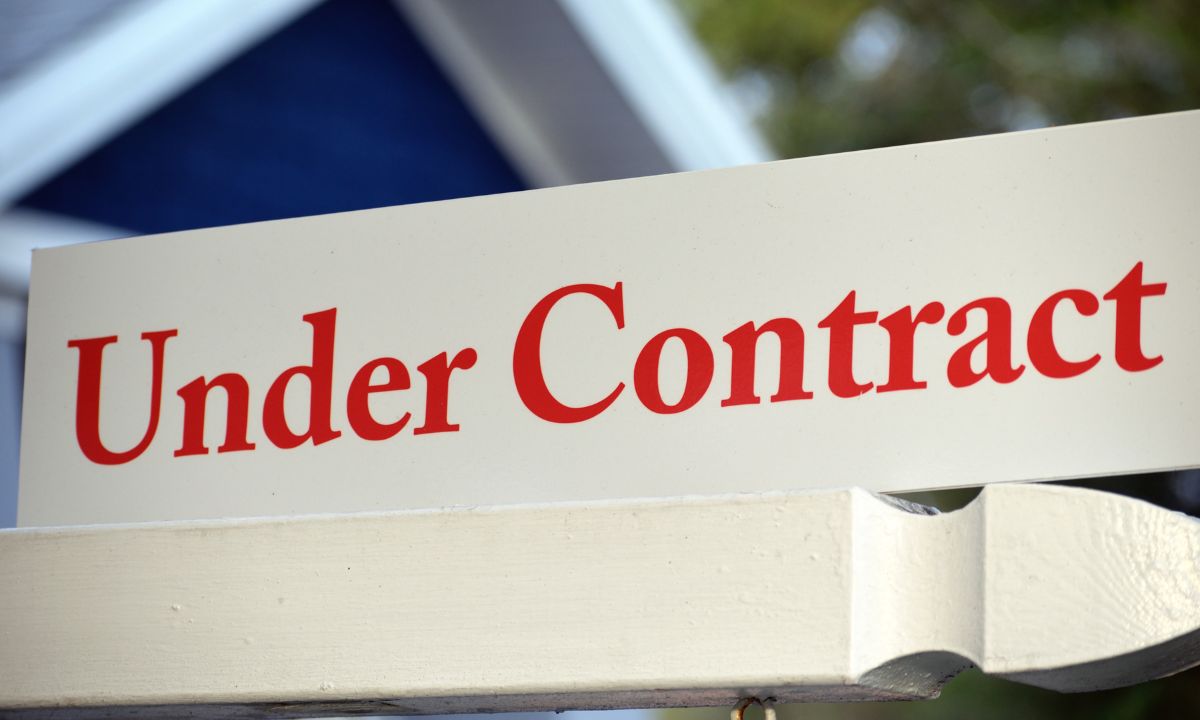 If you’re considering buying a home or refinancing your mortgage, you’ve probably come across the term “mortgage origination fee.” But what exactly is it? Let’s take a look at the details to help you understand what this fee entails and why it’s an important part of the mortgage process.
If you’re considering buying a home or refinancing your mortgage, you’ve probably come across the term “mortgage origination fee.” But what exactly is it? Let’s take a look at the details to help you understand what this fee entails and why it’s an important part of the mortgage process.
Understanding the Mortgage Origination Fee
A mortgage origination fee is a charge by the lender for processing your loan application. This fee compensates the lender for evaluating, preparing, and submitting your mortgage loan. Essentially, it covers the administrative costs and services provided by the lender from the beginning to the end of your mortgage application process.
How Much Is the Mortgage Origination Fee?
The mortgage origination fee is typically calculated as a percentage of the total loan amount. It usually ranges between 0.5% to 1% of your mortgage. For instance, if you’re taking out a $300,000 mortgage, an origination fee of 1% would be $3,000. This fee is generally due at closing, which is when you finalize your home purchase or refinance.
What Does the Origination Fee Cover?
The mortgage origination fee covers various services provided by the lender, including:
- Loan Application Processing: Reviewing your application and documentation.
- Credit Checks: Obtaining and analyzing your credit report and score.
- Underwriting: Assessing your creditworthiness and the risk of lending to you.
- Preparation of Loan Documents: Creating and managing all necessary paperwork for your loan.
- Coordination with Other Parties: Communicating with real estate agents, appraisers, and other involved parties to ensure a smooth transaction.
Is the Origination Fee Negotiable?
Yes, you can negotiate the origination fee with your lender. It’s always a good idea to shop around and compare offers from different lenders. Sometimes, lenders might be willing to lower or waive the fee, especially if you have a strong credit profile or if you’re borrowing a large amount. Don’t hesitate to ask for a breakdown of the fees and discuss them with your lender.
Why Is the Origination Fee Important?
Understanding the mortgage origination fee is crucial because it directly affects your overall loan costs. It’s a part of the total closing costs, which can add up quickly. Being aware of this fee helps you plan better financially and avoid any surprises at the closing table. Additionally, knowing about the origination fee can help you make informed decisions when comparing loan offers.
Can You Avoid the Origination Fee?
While some lenders might advertise “no origination fee” loans, be cautious. Lenders might offset the waived fee by charging higher interest rates or adding other fees. It’s essential to review the entire loan estimate and understand the trade-offs. Sometimes, paying the origination fee upfront might save you money in the long run through lower interest rates.
The mortgage origination fee is a key component of the home loan process. By understanding what it is, what it covers, and how it impacts your finances, you can navigate your mortgage journey with greater confidence. Always take the time to discuss fees with your lender and ensure you’re getting the best deal possible.
Feel free to drop your questions or share your experiences with mortgage origination fees in the comments below.

 When it comes to buying a home, securing the right home loan is essential. But what determines how much you can borrow? Understanding the key factors that influence your borrowing power can help you make informed decisions and potentially increase the amount you can secure. Let’s explore these determinants and some actionable tips to maximize your borrowing power.
When it comes to buying a home, securing the right home loan is essential. But what determines how much you can borrow? Understanding the key factors that influence your borrowing power can help you make informed decisions and potentially increase the amount you can secure. Let’s explore these determinants and some actionable tips to maximize your borrowing power. Congratulations! You’ve received and accepted an offer on your home. This is a major milestone, but it’s not the end of the journey. Several steps and processes follow the acceptance of an offer, and understanding what to expect can help you navigate this phase smoothly. Here’s a detailed look at what comes next:
Congratulations! You’ve received and accepted an offer on your home. This is a major milestone, but it’s not the end of the journey. Several steps and processes follow the acceptance of an offer, and understanding what to expect can help you navigate this phase smoothly. Here’s a detailed look at what comes next: Deciding when to sell your home can be a daunting task. The housing market is unpredictable, and personal circumstances can add layers of complexity to the decision. If you’re contemplating selling your home but aren’t sure if the timing is right, here are some signs to help guide your decision.
Deciding when to sell your home can be a daunting task. The housing market is unpredictable, and personal circumstances can add layers of complexity to the decision. If you’re contemplating selling your home but aren’t sure if the timing is right, here are some signs to help guide your decision. Navigating the real estate market can be challenging, especially with all the industry-specific terms that get tossed around. Two phrases you’re likely to encounter are “pending” and “under contract.” While they might seem similar at first glance, they represent different stages of the home-buying process. Let’s break down what each term means and how they impact your home-buying or selling journey.
Navigating the real estate market can be challenging, especially with all the industry-specific terms that get tossed around. Two phrases you’re likely to encounter are “pending” and “under contract.” While they might seem similar at first glance, they represent different stages of the home-buying process. Let’s break down what each term means and how they impact your home-buying or selling journey.